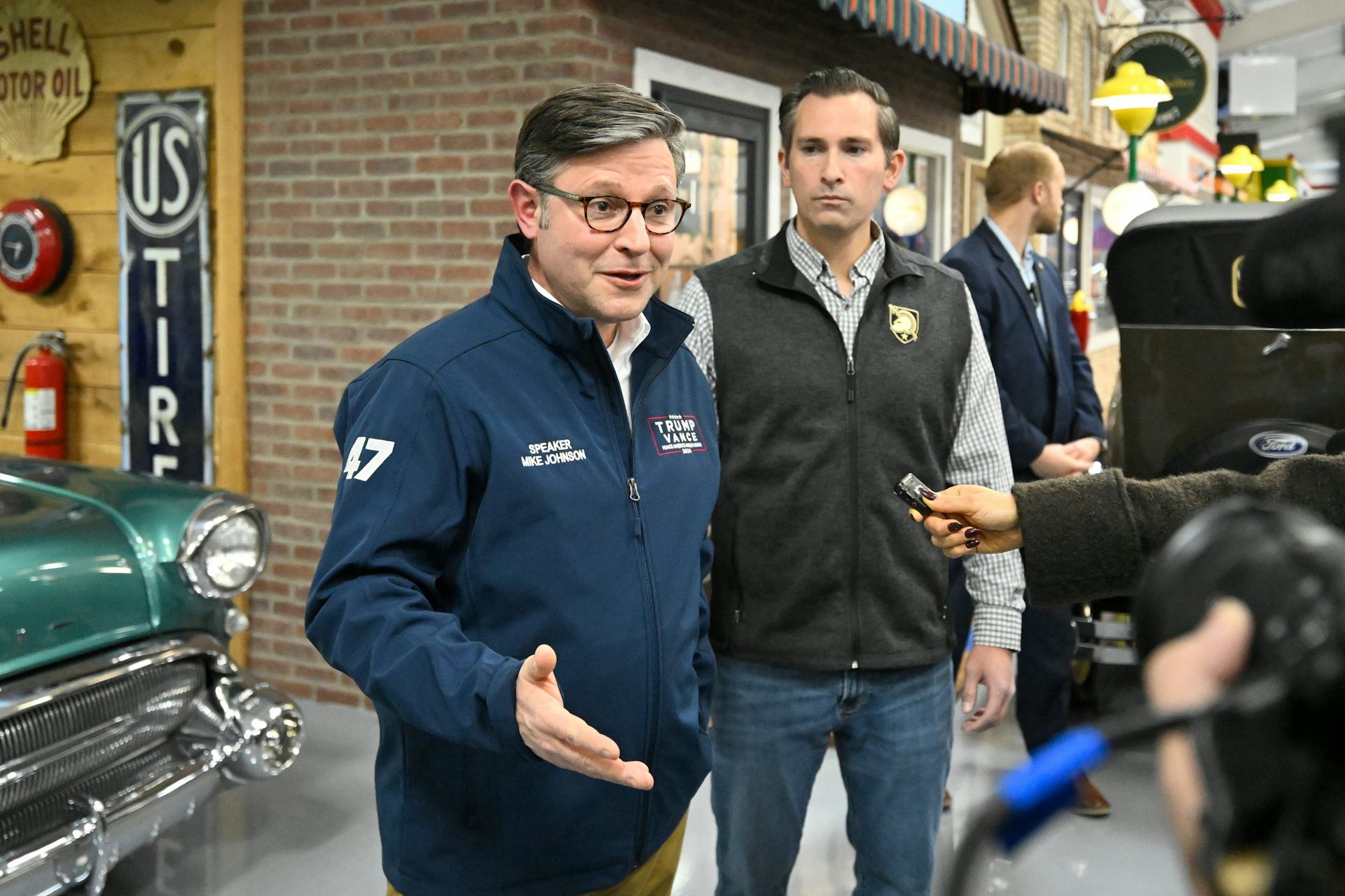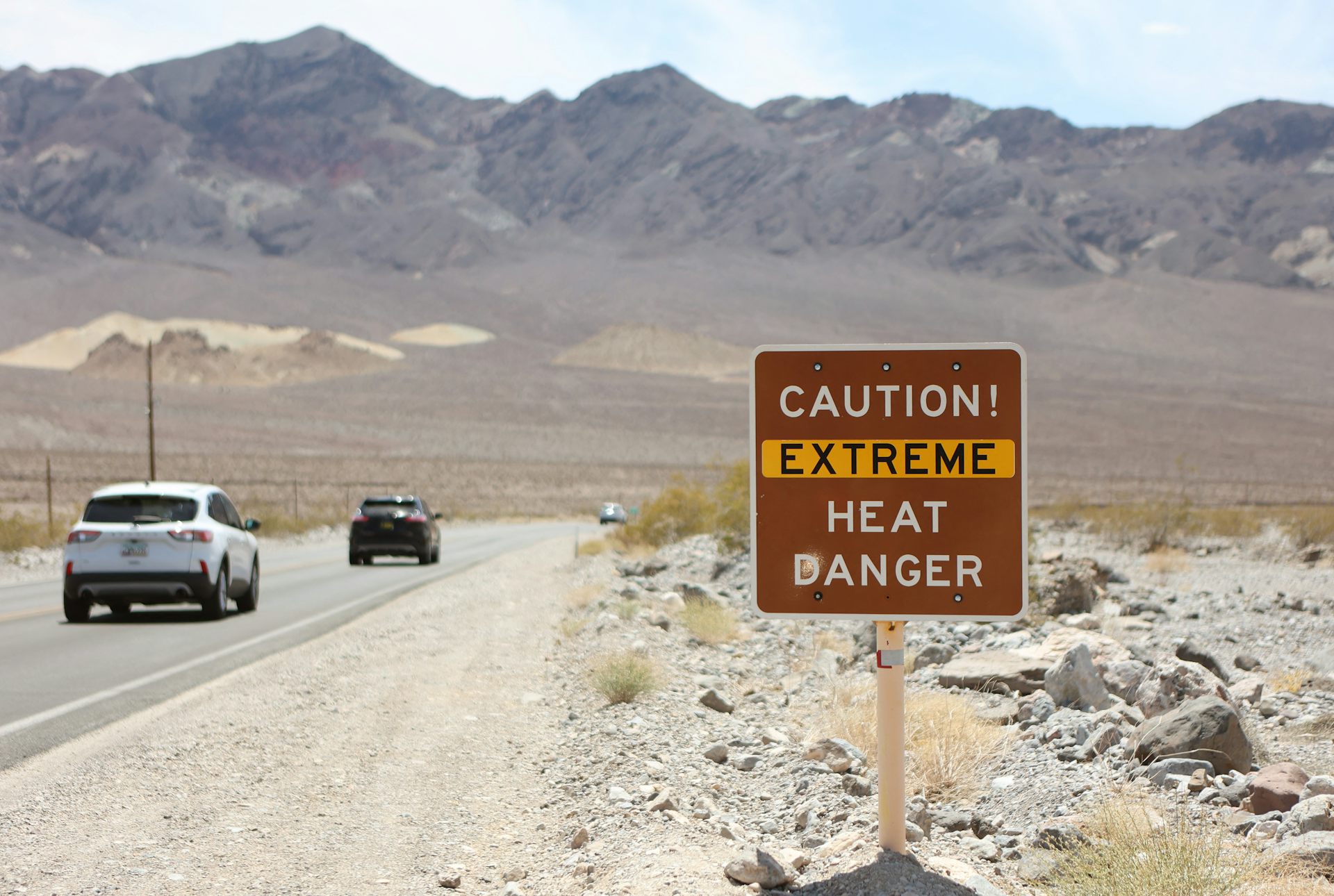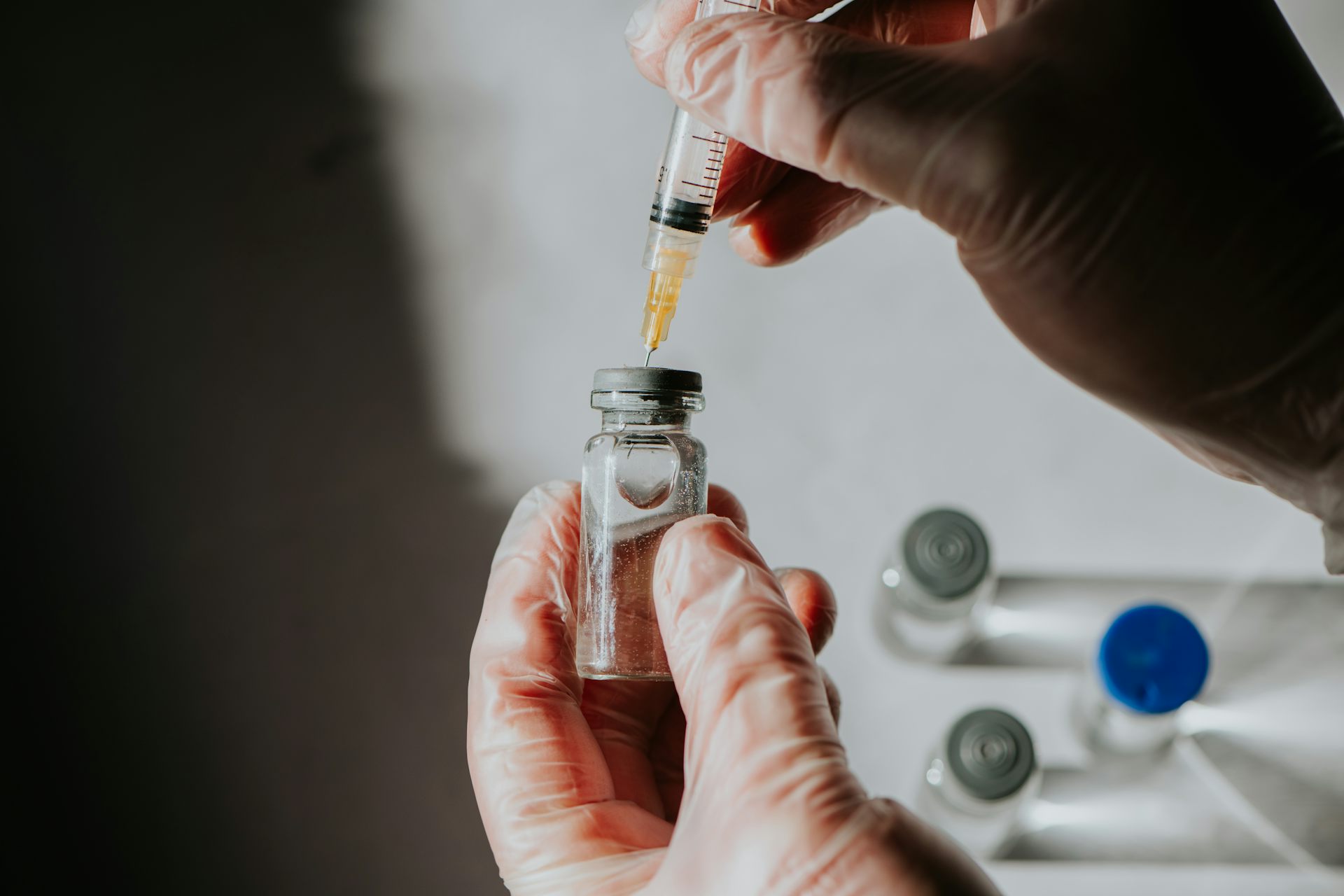Why the next major hurdle to ending the pandemic will be about convincing people to get vaccinated
Getting a vaccine is proving difficult for many older people now, but the mad rush for the vaccine won't last long. Many people don't want to get one at all, and that will impede herd immunity.
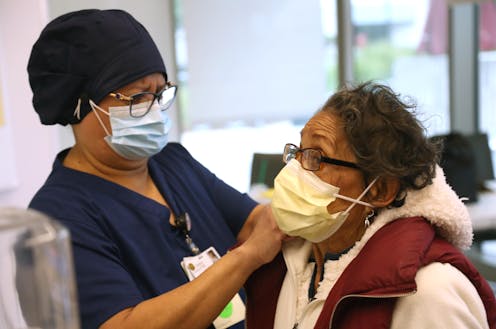
Today, more Americans hope to receive a COVID-19 vaccine than current vaccine supply will allow. Consequently, although President Joe Biden’s initial promise to dole out 100 million vaccine doses in 100 days would require a ramp-up in vaccine allocation, some consider the promise to be insufficient to meet current levels of demand and put the pandemic’s spread into decline.
The current mismatch between vaccine demand and supply, however, may be short-lived. Despite concerns about lagging vaccine allocation for front-line health care workers and other vulnerable groups, health experts are optimistic that public demand for a COVID-19 vaccine will remain high in coming months as more vaccine doses become available.
While it is clear that many political leaders expect public demand for a coronavirus vaccine to be strong, whether or not expectations can live up to reality is an open question. In fact, there is some evidence to suggest instead that large segments of both the public and health care workers do not intend to get vaccinated against COVID-19.
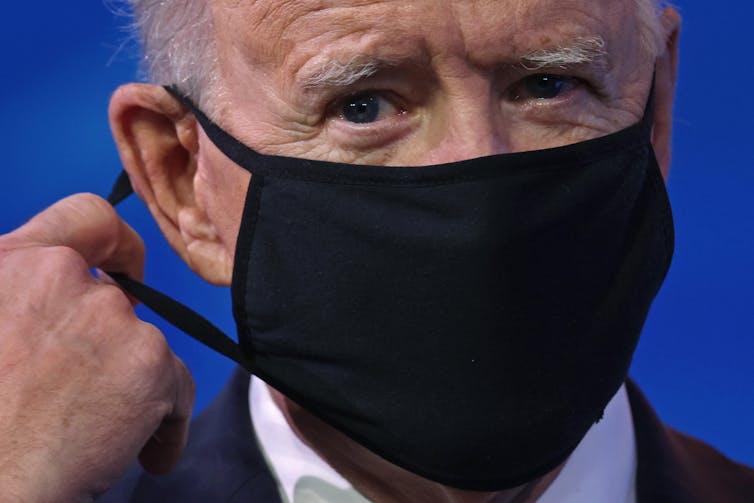
Figuring out whether or not some people are less likely to get vaccinated – and their reasons for not getting vaccinated – can help political leaders and health professionals better anticipate vaccine demand. If some social, political and other demographic groups are more (or less) likely to intend to get vaccinated than others, demand for a vaccine may be higher (or lower) in vaccine distribution networks that primarily service vaccine-hesitant groups.
Additionally, understanding why some individuals are more likely to refuse vaccination than others can help inform health communication efforts to increase vaccine uptake. For example, if some Americans intend to refuse to get vaccinated due to concerns that the vaccine is not safe, health communicators can target these groups with easy-to-understand information about how scientists determined that the vaccine is safe.
In a recent peer-reviewed study, we provide important insight into what public demand for a coronavirus vaccine could actually look like, once most Americans have the opportunity to get vaccinated. Just as important, we detail reasons certain Americans do not intend to get vaccinated.
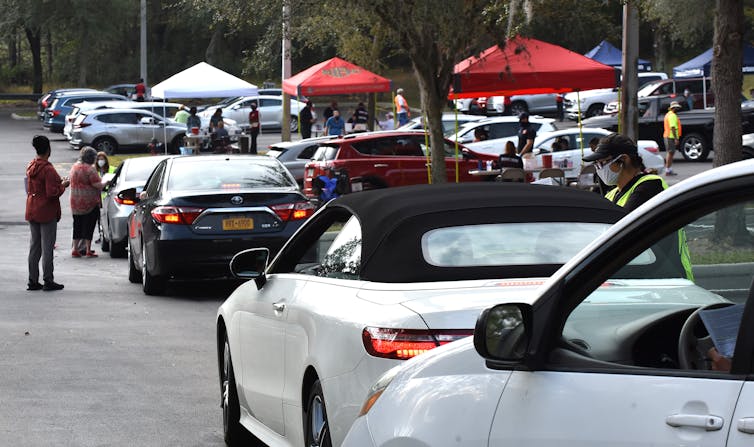
Some Americans more likely to get vaccinated
We studied Americans’ COVID-19 vaccination intentions in a large, demographically representative online survey of 5,009 U.S. adults, conducted in June 2020. We measured vaccination intentions by asking respondents whether or not they would pursue getting vaccinated for the coronavirus if a COVID-19 vaccine became available.
Our study found that almost a third (31.1%) of respondents did not intend to pursue vaccination. This is concerning, given that recent epidemiological estimates suggest that up to 70% of Americans must become immune to COVID-19 in order to put the pandemic’s spread into decline.
We also found strong differences in vaccination intention between key demographic groups. Notably, we found that 35.7% of women (vs. 26.3% of men), 42.9% of Black people (vs. 28.6% of white people), and 37.8% of conservatives (vs. 33.4% of independents and 24.1% of liberals) intended to forgo vaccination.
Why will some people refuse a COVID-19 vaccine?
Our study provides new insights into the reasons that some Americans do not intend to get vaccinated against COVID-19. We found that concerns about the safety and effectiveness of the vaccine were the most consistent reasons for forgoing vaccination. We also found that portions of the American public did not intend to pursue vaccination because they lack health insurance, lack the financial resources they believe they need to be vaccinated or because they have already had COVID-19.
Our study also found considerable evidence that the reasons for not vaccinating were not the same for everyone. For example, women were more likely than men to say they would forgo vaccination due to concerns about safety and effectiveness. Additionally, we found that Black people were more likely to skip vaccination than white people due to perceived safety and effectiveness issues as well as concerns related to the cost of vaccinating and a lack of health insurance.
[Deep knowledge, daily. Sign up for The Conversation’s newsletter.]
What this all means for vaccine uptake
Together, our findings point to two key takeaways as the U.S. pushes to rapidly vaccinate its population against COVID-19. First, political leaders and public health experts need to recognize that what appears to be considerable public demand for the COVID-19 vaccine right now may be more modest in the coming months, as more Americans have the opportunity to get vaccinated. In its place, experts will be faced with the new challenge of convincing hesitant groups to get vaccinated in order to reach herd immunity and end the pandemic.
Second, our results demonstrate that in these efforts to vaccinate the hesitant, a one-size-fits-all approach to health communications will be insufficient. While health communications aimed at emphasizing the safety and effectiveness of the vaccine will be important, for some groups, it will be just as important to emphasize that Americans can be vaccinated against COVID-19 for free, regardless of insurance status. Developing these communications and identifying appropriate messengers to deliver this information will be vital to stopping the pandemic.
The authors do not work for, consult, own shares in or receive funding from any company or organization that would benefit from this article, and have disclosed no relevant affiliations beyond their academic appointment.
Read These Next
Do special election results spell doom for Republicans in 2026?
Special election results have anticipated recent midterm outcomes. With Democrats now overperforming,…
3D scanning and shape analysis help archaeologists connect objects across space and time to recover
Digital tools allow archaeologists to identify similarities between fragments and artifacts and potentially…
Trump says climate change doesn’t endanger public health – evidence shows it does, from extreme heat
Climate change is making people sicker and more vulnerable to disease. Erasing the federal endangerment…


